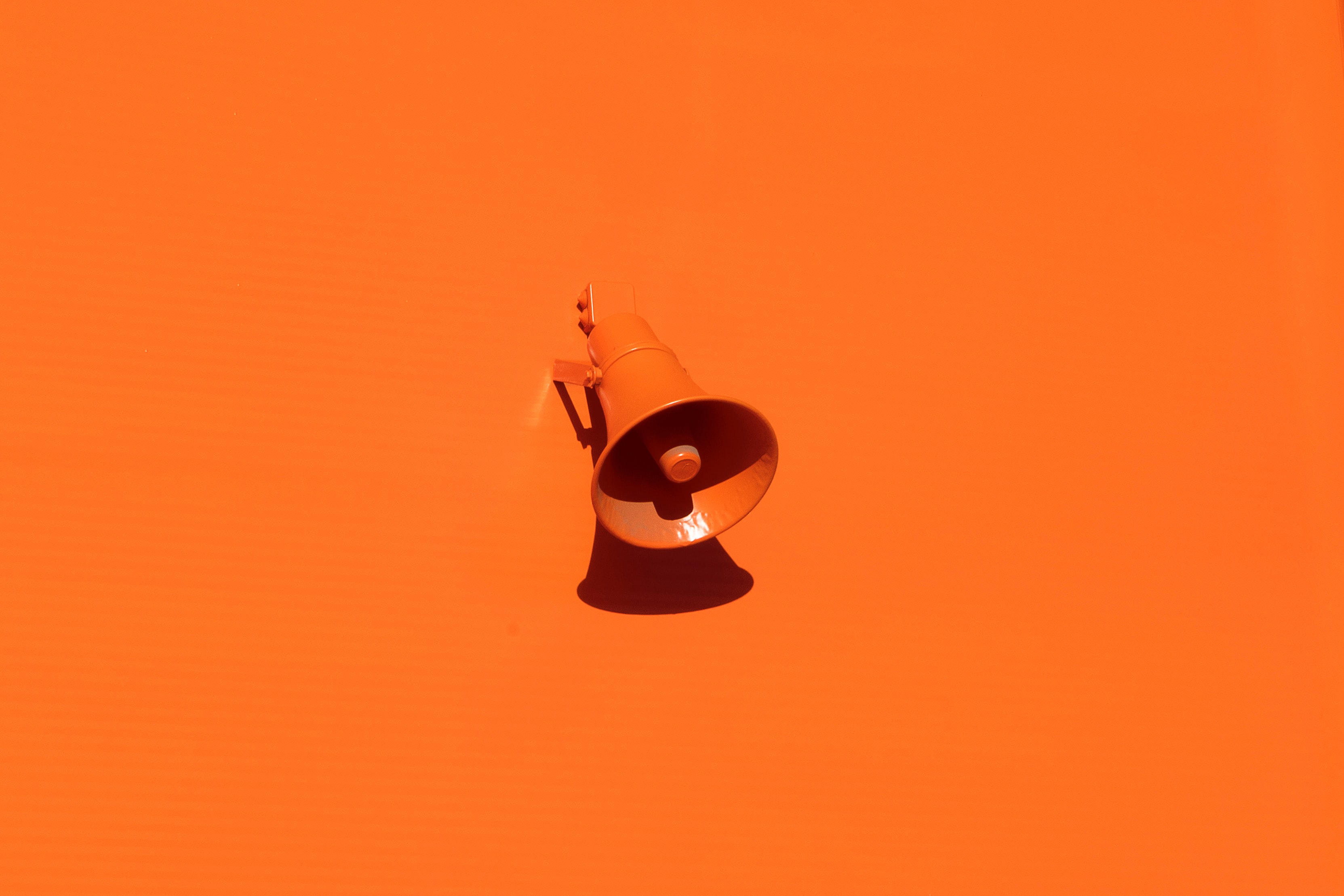International Women’s Day in 2021 was always going to be a particularly galvanising one. The pandemic has not been ‘the great equalizer’, but rather exacerbated our existing inequalities. As women have been far more likely to lose their jobs than men and far more likely to shoulder the burden of unpaid work, society has revealed to itself that when the pressure is on, it is women who will take the fall for everyone else. However, as we celebrate International Women’s Day today, we do so against another distressing backdrop.
As allegations of rape and sexual assault surface, spanning from elite private schools to the corridors of power in Parliament House, we are reminded of how far we still have to go before we reach an inclusive and equitable society. Yet the voices of women like Grace Tames appearing on our national stage remind us of how far we’ve come: they are a shining silver lining gleaned from this cultural moment. In an incredibly moving speech at the National Press Club last week, the Young Australian Of The Year – who has long advocated for reform around child sexual abuse after surviving it herself – called for national reform around consent and advocated for every single one of us to use our voices.
“The more we come out and speak about this, the more the conversation will be normalised, and the more the power will be taken away from predators and returned to where it belongs,” Tames said. “Remember you have the power and you have the control. It’s your voice, it’s your story, and nobody else can tell it.” In a world of seven billion people, in a time when workplace systems and cultures regularly prioritise the voices of the powerful and silence others, we are so often discouraged from speaking our minds and telling our truths. But the women like Grace Tames and Brittany Higgins and Chanel Contos, who have spoken out and told their stories, remind us of the power of our voices – if we are just brave enough to use them.
The theme of International Women’s Day in 2021 is “Women in leadership: Achieving an equal future in a COVID-19 world”, but Chief Executive Women’s 2020 ASX200 Senior Executive Census has revealed that women’s progress in reaching senior leadership positions in ASX200 companies has flatlined. Australian women currently make up around 25 percent of CEOs and 16 percent of CFOs. And The World Economic Forum modelling predicts it will take 257 years for our world to achieve gender equality if we don’t accelerate progress. This progress is not just good for women, but business itself.
Our vision at Grace Papers is for a world in which women and men are equally responsible for the most important decisions made – in the home and in the workplace. But it’s going to take all of us to find our voices to achieve this. An equal representation of voices is critical to cultures that are balanced and inclusive of all people. For as long as we are only listening to the voices of some in leadership, we are never going to achieve balanced outcomes on the issues that matter. This requires more people to raise their voices and significant reform from workplaces around the country.
We know the two biggest barriers to the acceleration of gender equality are sexual harassment and abuse – research shows that women subjected to sexual harassment and abuse will leave their employer at a rate of 80 percent within two years – and gendered expectations for unpaid care, especially childcare, which we know from parental leave data falls to women in 94 percent of instances.
For businesses to create significant change in their cultures and promote an environment that encourages people to speak out, leaders need to start prioritising care and accountability. To do that, workplaces have a significant role to play in terms of policy, culture and, perhaps most importantly, leadership accountability. We will never be able to eliminate sexual violence, family violence, gender discrimination, racial descrimination, the superannuation gap, or the gender pay gap that currently sits at around 15 percent until we have accountability in leadership.
Closing the gender gap, in pay, leadership and participation could contribute billions to Australia’s economy. And an increase in the share of top-tier managers by 10 percentage points or more has been proven to contribute 6.6 per cent in the market value of Australian ASX-listed companies worth the equivalent of AUD$104.7 million. New economic modelling from KPMG also shows that if we halved the workforce participation gap between men and women, in 2038 Australia’s annual GDP would have increased by $60 billion.
The time we live in, where there is still so much progress to be made, reminds us of a founding principle of America’s first Black women’s club, The National Association of Colored Women (NACW). “Lifting as we climb,” were the words they lived by. As we climb towards a more equitable society that values all human lives, we need to lift up all voices by creating a culture that listens to them. Now, we need to listen as we climb.
For those of you reading who are still finding your voice, it pays to start small. When you find your voice by connecting with your values and purpose, it breeds confidence. Here at Grace Papers, we are dedicated to helping you do just that. We believe that every voice matters and every voice is worth cultivating. Through our platform and coaching, we are dedicated to helping you find your voice personally and professionally. And to celebrate this year’s International Women’s Day, we’re bringing you a series of LIVE Coachings so we can amplify the importance of what matters. Together, let’s lift as we climb, and commit to leaving no woman behind.
If you or someone you know is impacted by sexual assault, domestic or family violence, call 1800 RESPECT on 1800 737 732 or visit 1800RESPECT.org.au




